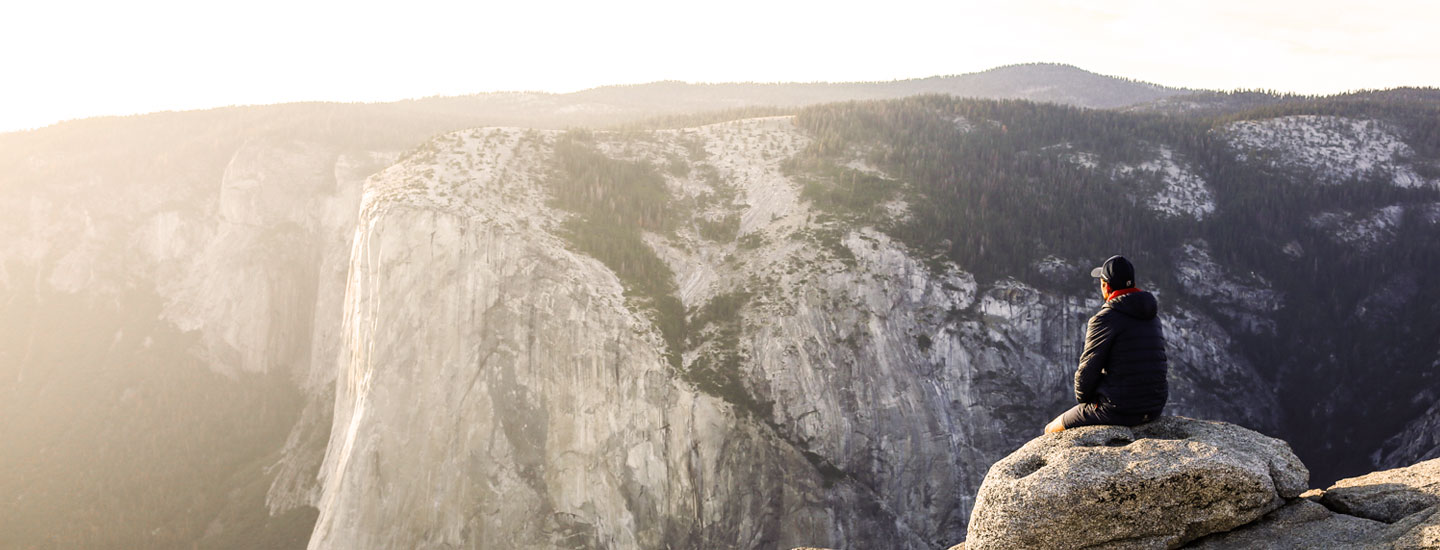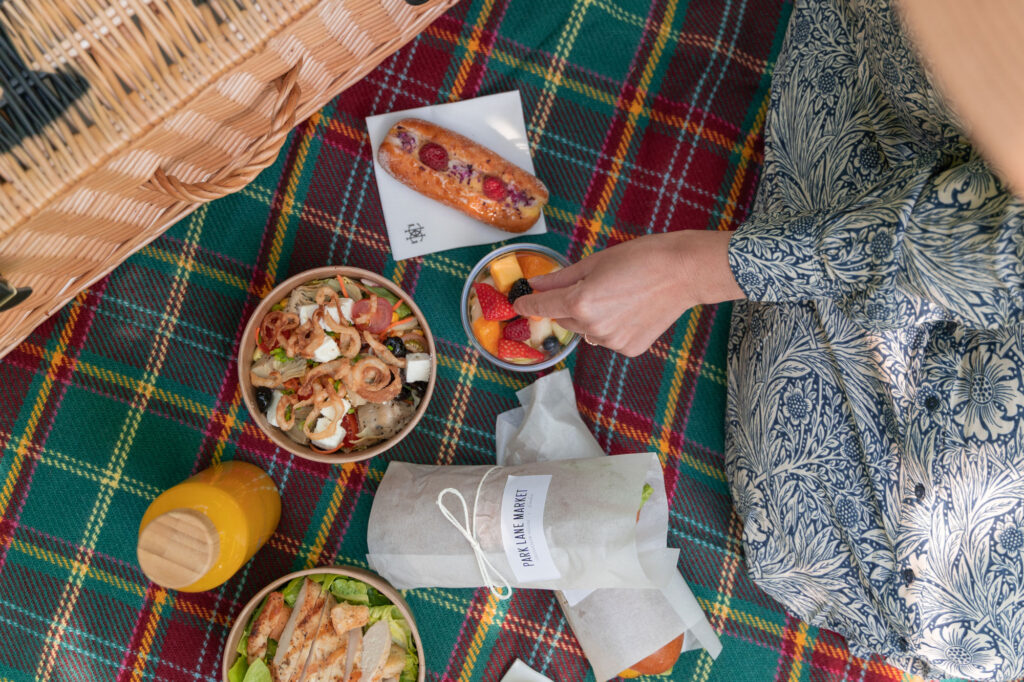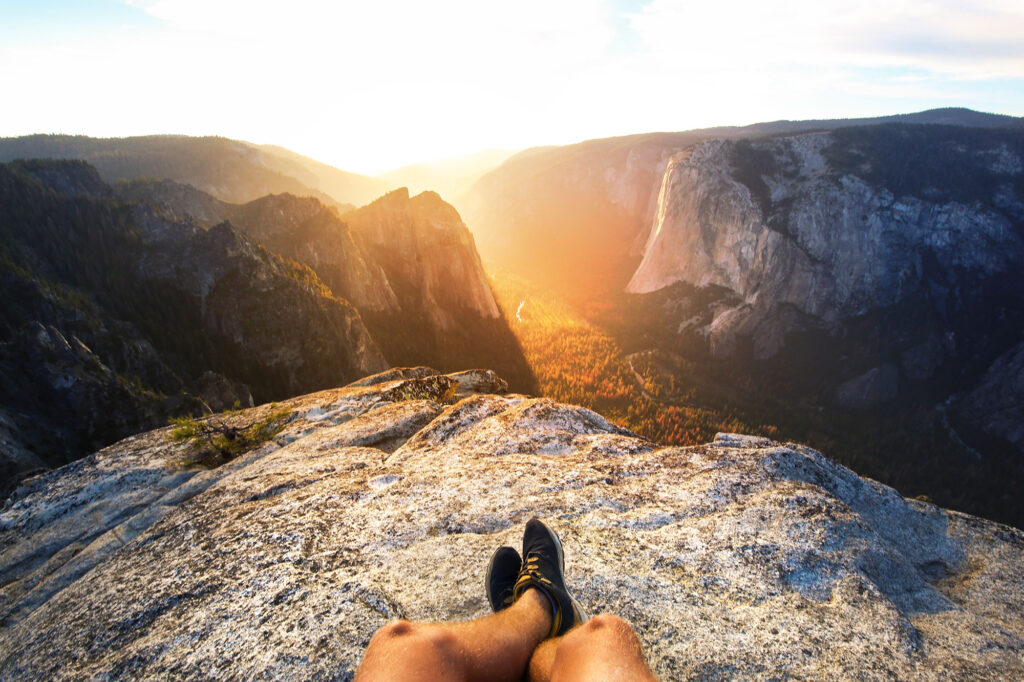
13 Jun Preventing Energy Burnout When Traveling
You crave the adventure of a lifetime. The question is, are you up to the challenge? Planning to prevent energy burnout when traveling lets you wring every last precious drop of goodness out of your vacation.
It all begins with your preparation and approach. Here’s how to squeeze the most joy out of your available holiday time.
Give Yourself Extra Time
Transitioning from work to travel and back again requires a mindset adjustment. Mentally shifting gears ensures you don’t take your work stress on the road with you so you can return refreshed, not harried. One of the best ways is to pad your vacation time by giving yourself a day at home on either end of your travels to pack, unpack and do all the little things you must to feel like you’re back on track.
Furthermore, giving yourself extra time lets you avoid on-the-road headaches that arise when you rush. Instead of racing down the highway, plan ample pit stops to see the sights while you let any four-legged traveling companions use the bathroom and stretch their limbs, too. When you arrive home, you’ll have plenty of time to do your laundry instead of rushing to find a clean shirt for your first day back.

Eat For Sustained Energy
Vacation might be the time to throw the diet to the wind and splurge on a single decadent dessert. However, eating healthfully, at least most of the time, provides your body with sustained energy, giving you more gusto for each adventure.
Ideally, aim for 80% of your diet to come from the following healthy foods:
- Fresh fruits and vegetables
- Whole grains
- Nuts and seeds
- Lean proteins
What should you avoid? Foods consisting of processed carbohydrates, saturated and trans fats, and refined sugars as they upset your body’s hormonal system, increasing your Type 2 diabetes risk over time. Over the short term, they give you a quick burst of energy followed by a debilitating crash that makes you crave a nap, which actually cuts into your vacation time.
Conversely, proteins take longer to digest and the fiber in whole grains draws water into your intestines, making you feel fuller for longer. Fresh fruits and vegetables are chock-full of phytonutrients that encourage cellular energy production, protect you from free radicals, and boost immunity to prevent sickness during your travels.
It’s OK to indulge in that Sfogliatella you’ve been craving ever since you saw Chanel and Stevo’s recent food tour of Naples, as long as you ordered the salmon salad as an entree.
Keep Up Your Fitness Routine
While your vacation can serve as a valuable mental break from your typical fitness routine, keeping active increases your energy levels, and prevents burnout while traveling. Staying fit on the road means choosing lodging with care or planning for hotel-room workouts. Balance your itinerary with various challenging and low-key physical activities.
When choosing your hotel, look for pictures or videos showcasing the facility’s fitness room — they vary from elaborate full-gym setups to a treadmill placed in an old broom closet. Alternatively, download workout videos to your phone, seeking free versions on YouTube or investing in an app for portable training that requires no internet connection.
Follow a heavy activity day with one that’s lower key. For example, if you climb Yosemite’s famous Half-Dome on Saturday, take Sunday to practice yoga around the campfire. High-intensity workouts create tiny tears in your muscle fibers that require time to repair and grow stronger, and going too hard day after day increases your injury risk.
Unplug As Much As Possible
If you want to wring every last bit of immersive joy out of your journey, leave your phone locked in your hotel safe. What if you use it as your camera? Get busy before you depart, deleting all superfluous apps, especially social media. You can reinstall them when you return while avoiding the temptation to post a sweet picture. Doing so while away also lets thieves know your home sits vacant.
Leaving your phone in your room lets you soak in more of your destination during those in-between times — while waiting in line for a coffee or to buy a baguette. Instead of tuning out, tune into what’s going on around you. You could try to strike up a conversation despite the language barrier, or simply observe how people in other cultures go about their daily business. Get mindful. What sights do you see that you won’t find at home?
Ease Up On The Itinerary
It’s natural to want to shove as many adventures as possible into one excursion, especially if you have limited vacation time. However, adopting an “if it’s Tuesday, it must be Belgium” style itinerary could rob you of the chance to mindfully enjoy your trip, and suffer from burnout when traveling. What good is visiting the Louvre and Big Ben in a single weekend if you barely remember seeing them in between your mad dashes for ferries and trains?
Choose one or two excursions that truly matter, and immerse yourself fully in the experience instead of racing from one thing to the next. Your itinerary should leave you with at least 30 to 60 minutes of idle time at the end of each day to look at your photographs, write in your travel journal, and reflect on your experiences.


Get Adequate Rest — Jet Lag And All
Perhaps the best way to prevent energy burnout when traveling is to get your Zzzs. Doing so isn’t easy if you travel across time zones, are a restless sleeper, or have anxiety. However, these tips can make getting your shuteye easier despite unfamiliar, sometimes noisy, environments:
- Bring your comfiest pajamas or lounge clothes.
- Cover up with eye masks and noise-canceling headphones to catch a nap while in transit.
- Carry a travel pillow, and upgrade to reclining seats whenever possible.
- Invest in a backup lock for your hotel room door, especially if you travel solo, to increase your peace of mind. Also, use the chain provided by the hotel.
- Expose yourself to natural light during daylight hours to recover from jet lag more quickly and encourage nighttime sleep.
- Book off-peak travel times, like the red eye, to minimize disruptions if you must rest during transit.
Keep Your Energy Up On The Road
You want to wring every last bit of joy and excitement out of your journey, and preventing energy burnout while traveling can help you do so. Taking care of your physical and mental needs decreases stress, which drains you of your oomph.
Manage your energy levels when traveling, and fully immerse yourself in the experience. Slowing down and savoring your time away is part of what a memorable vacation is all about.
Author bio: Jack Shaw is a freelance lifestyle writer and dedicated traveler. His writing focuses on exploring the food, culture and beautiful views of wherever life decides to throw him. Stories of his travel can be seen in Modded, Trekaroo, The Travel Magazine and more. Jack has a love of all things outdoors, and spends much of his free time taking on local hiking trails and state parks.



No Comments